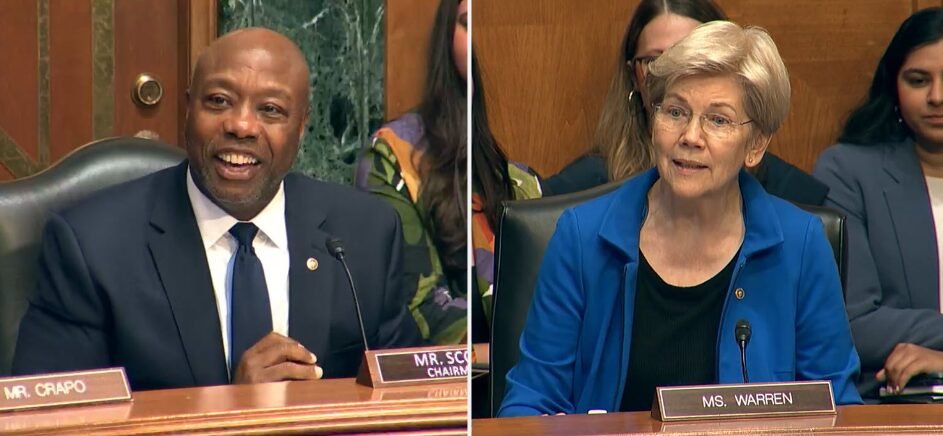
The Real Estate Roundtable (RER) wrote to the Treasury Department this week, urging guidance to ensure the One Big Beautiful Bill (OB3) Act’s restored 100 percent bonus depreciation provision is successful in spurring real estate investment, job creation, and economic growth. (Letter, Oct. 17)
Background
Why It Matters
RER Recommendations & Perspective

The submission from RER President and CEO Jeffrey DeBoer was addressed to Treasury Assistant Secretary for Tax Policy and Acting IRS Chief Counsel Kenneth J. Kies. RER’s Tax Policy Advisory Committee (TPAC) is continuing to review and develop recommendations for Treasury with respect to the implementation of the monumental tax legislation signed into law this summer.

The U.S. Senate passed the Renewing Opportunity in the American Dream (ROAD) to Housing Act of 2025 (S. 2651) on Oct. 9, as part of its version of the National Defense Authorization Act (NDAA)—marking the first bipartisan, comprehensive housing package advanced in more than a decade. (MultiFamily Dive, Oct. 15)
ROAD to Housing Act
What’s Next
Roundtable on the Road

RER will continue engaging with policymakers and industry leaders to promote bipartisan solutions and regulatory reforms that expand housing supply, improve affordability, and strengthen economic stability.

The federal government remains shut down for a second week as partisan gridlock over spending and health care continues in Washington. (Punchbowl News Oct. 15, 17 | Roll Call Oct. 14)
State of Play
Path Forward
CRE Impact

RER continues to urge Congress to act responsibly to reopen the government and restore critical housing, insurance, and economic programs essential to real estate investment and growth.